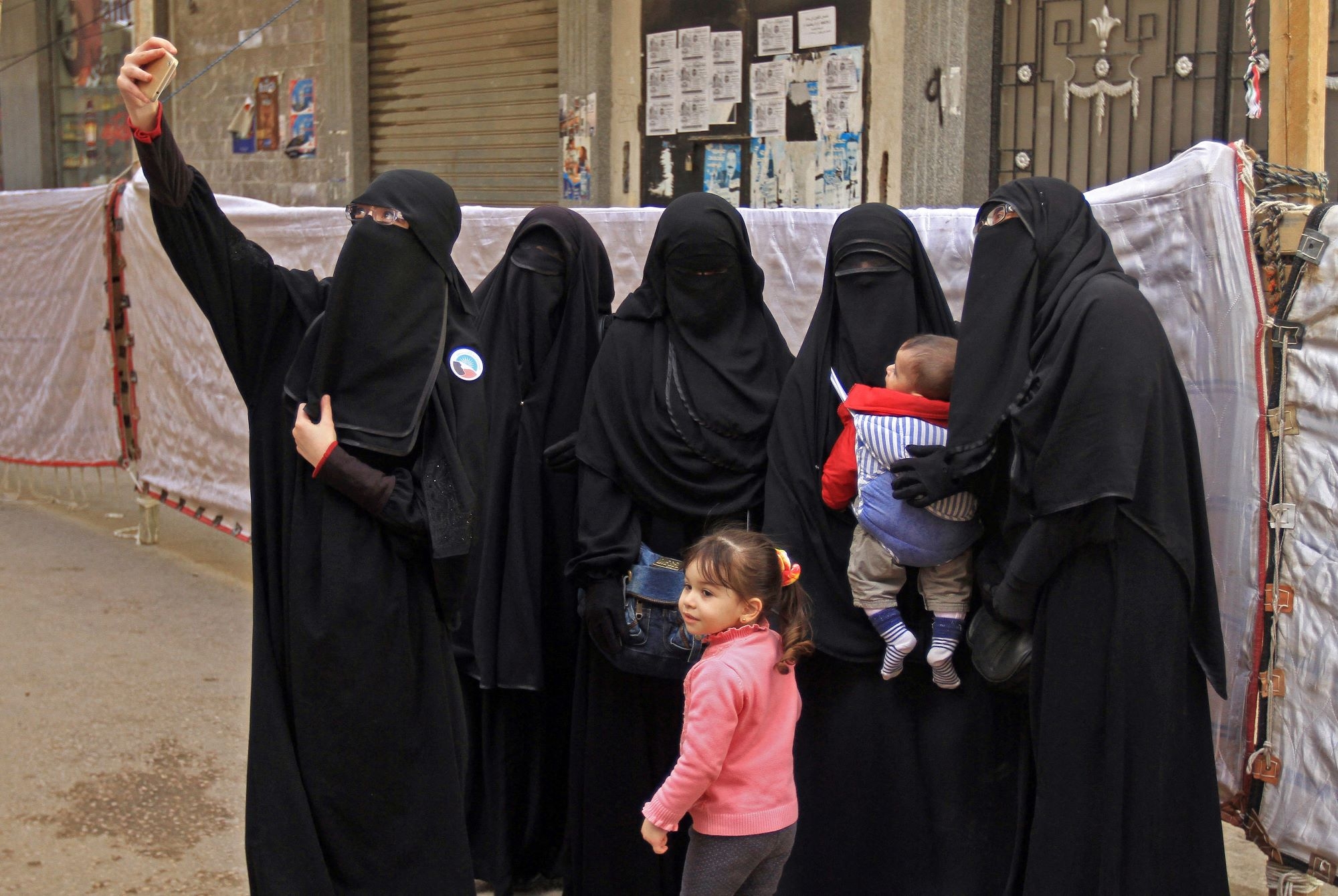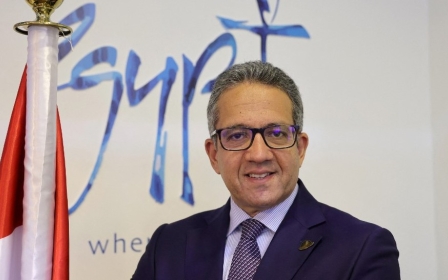Egypt bans niqab in schools

The Egyptian government has announced a ban on the wearing of the face-covering niqab in schools from the beginning of the next term on 30 September.
Education Minister Reda Hegazy made the announcement on Monday, adding that students would still have the right to choose whether to wear a headscarf, but insisted it must not cover their faces.
He also said that the child's guardian should be aware of their choice, and that it must have been made without any outside pressure.
"Here, the role of the teachers of the Arabic language, religious education, and social and psychological education, will be to prepare the students psychologically to implement the ministry’s decision with all kindness and gentleness, taking into account the students’ psychological state and their age level," he said in a statement.
There has been an ongoing debate over the wearing of the niqab in schools for many years in Egypt.
Stay informed with MEE's newsletters
Sign up to get the latest alerts, insights and analysis, starting with Turkey Unpacked
The garment has been worn by Muslim women for religious reasons across the world for centuries.
Rights group have argued that the Egyptian constitution protects religious freedoms and restricting the niqab is a violation of civil liberties.
A number of public and private institutions across Egypt already impose bans on the wearing of the niqab.
Cairo University has banned the wearing of face veils by teaching staff since 2015, a rule that was upheld by an Egyptian court in 2020.
This article is available in French on Middle East Eye French edition.
Middle East Eye delivers independent and unrivalled coverage and analysis of the Middle East, North Africa and beyond. To learn more about republishing this content and the associated fees, please fill out this form. More about MEE can be found here.




